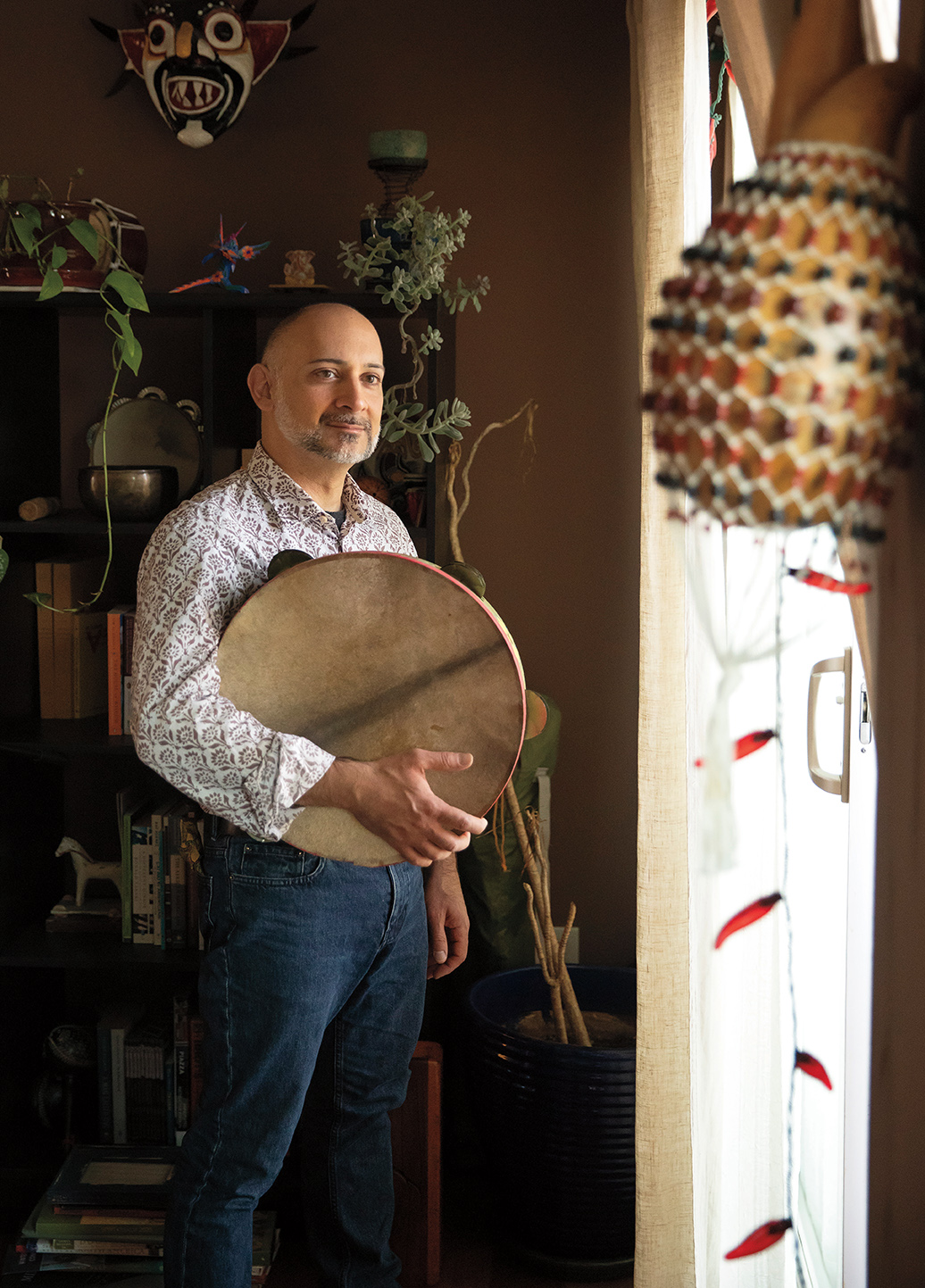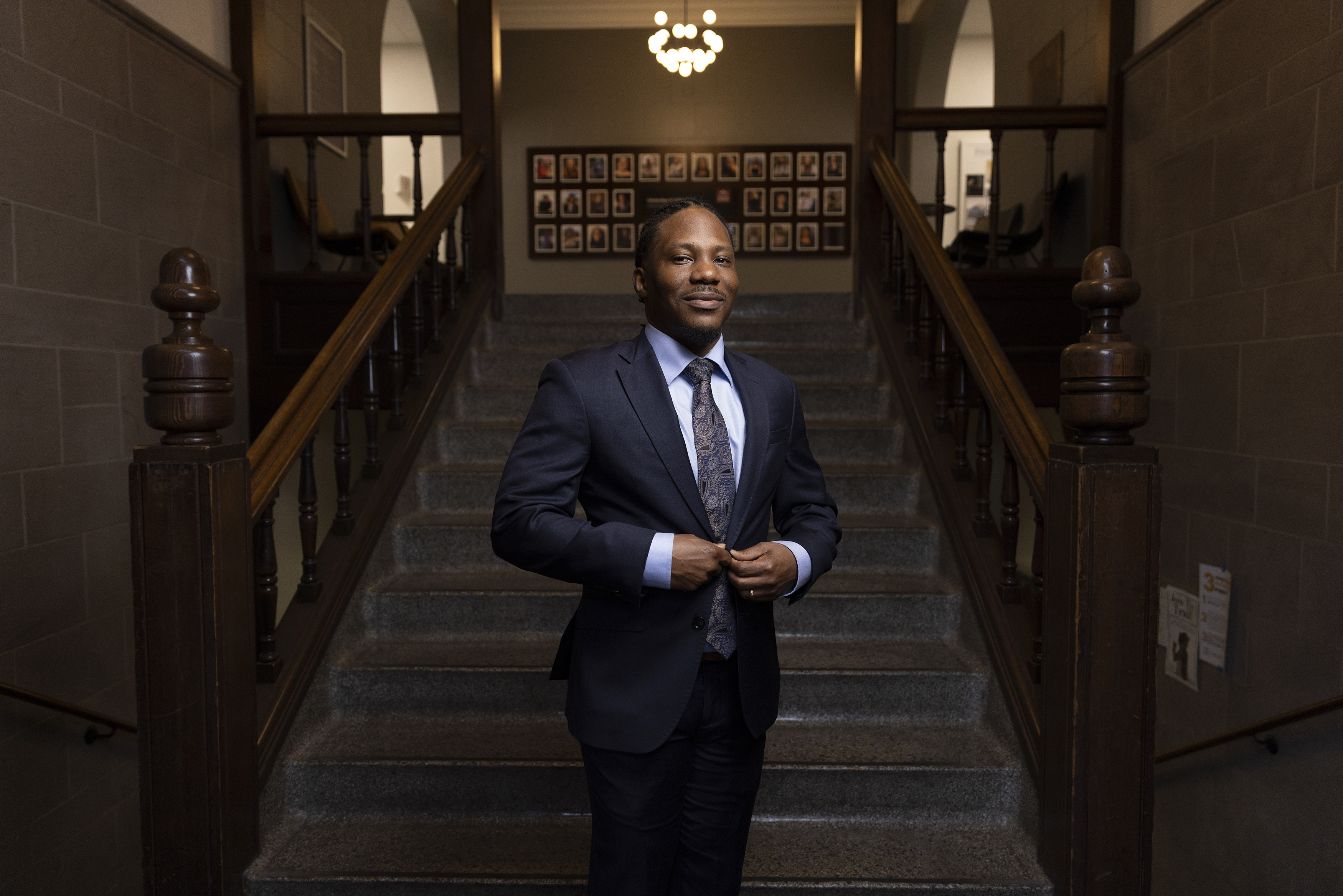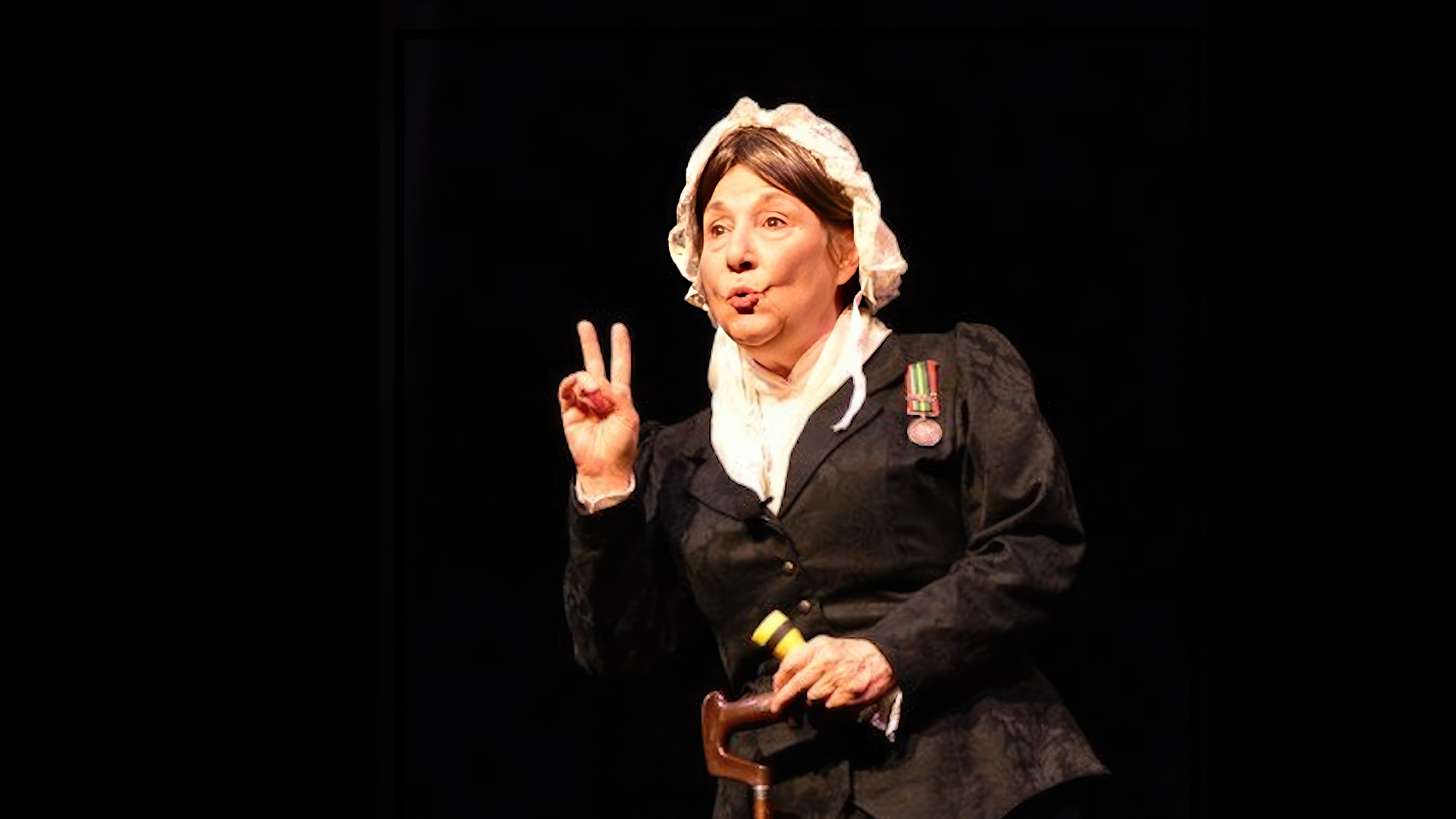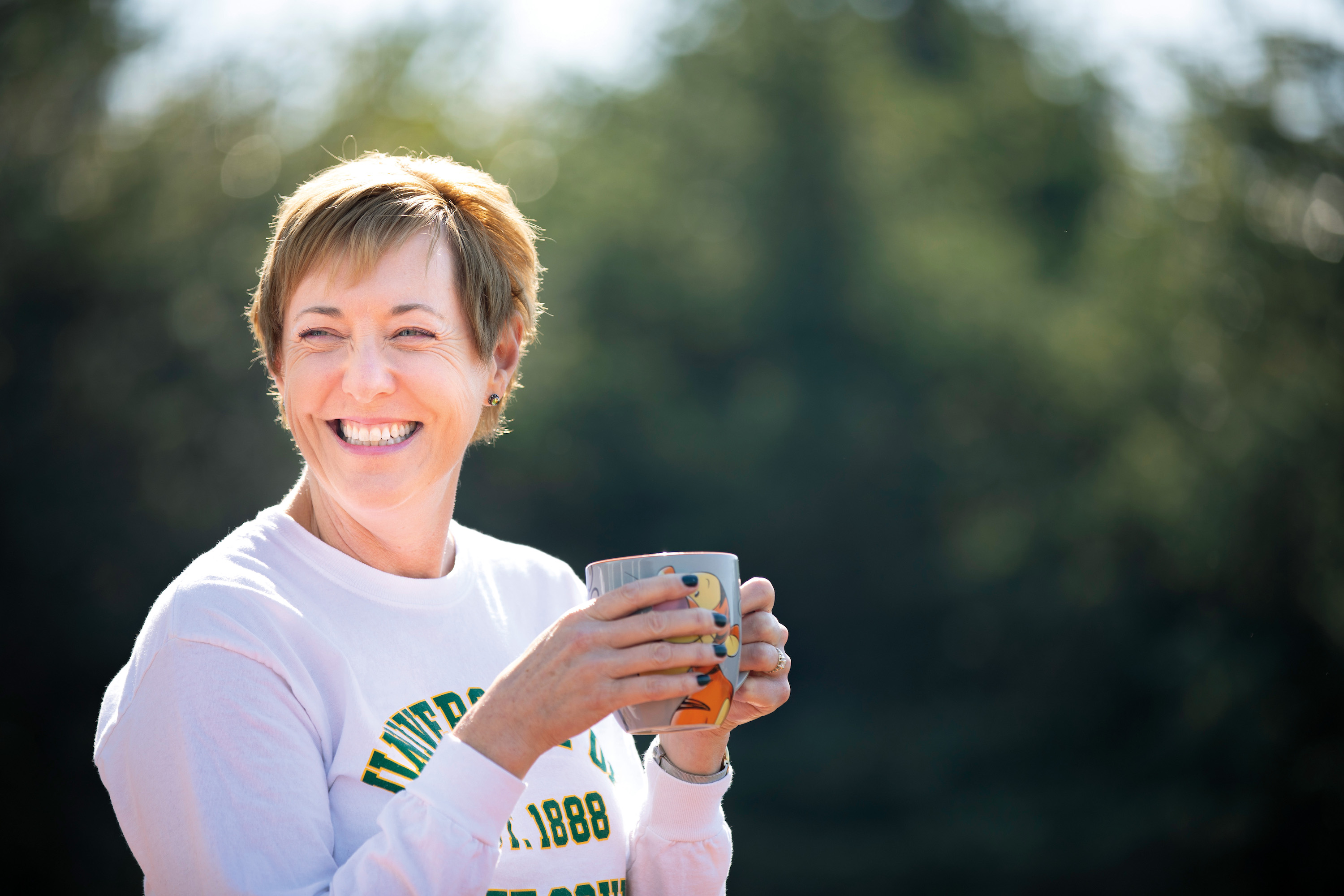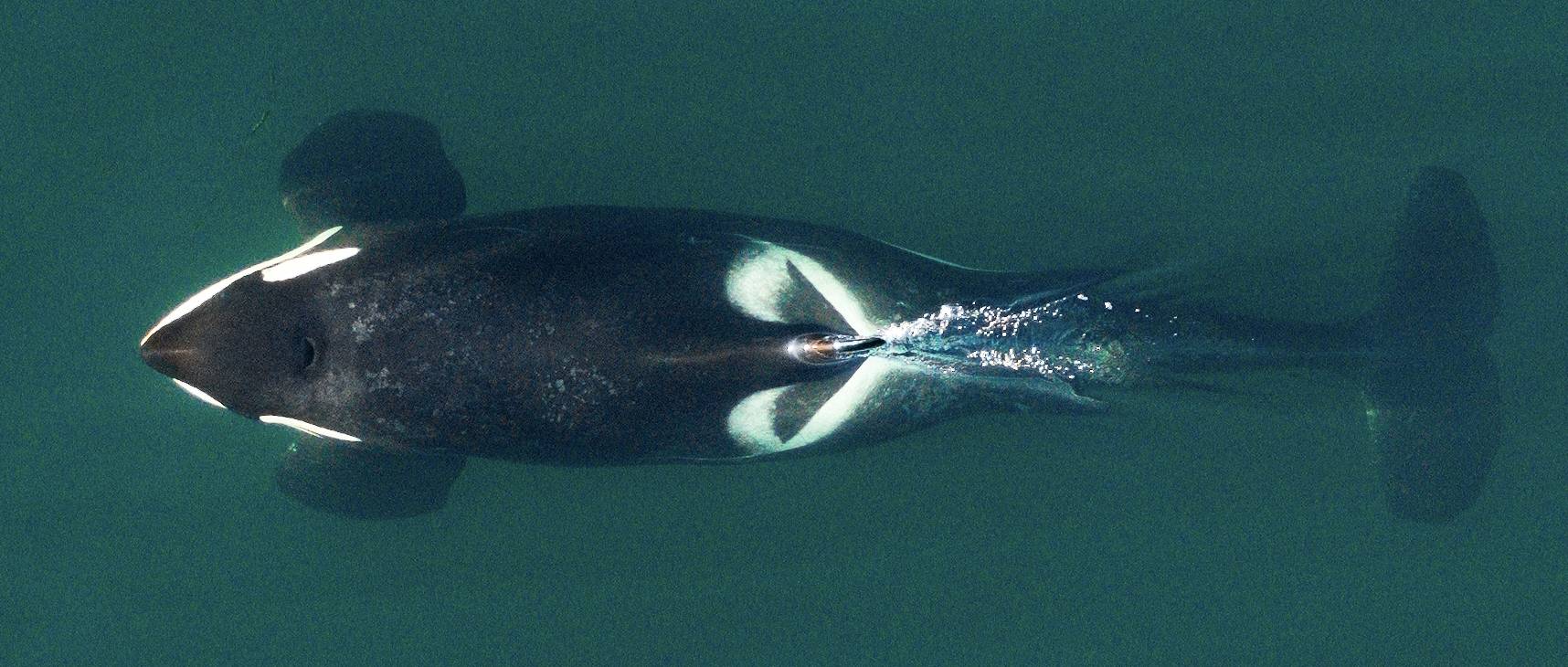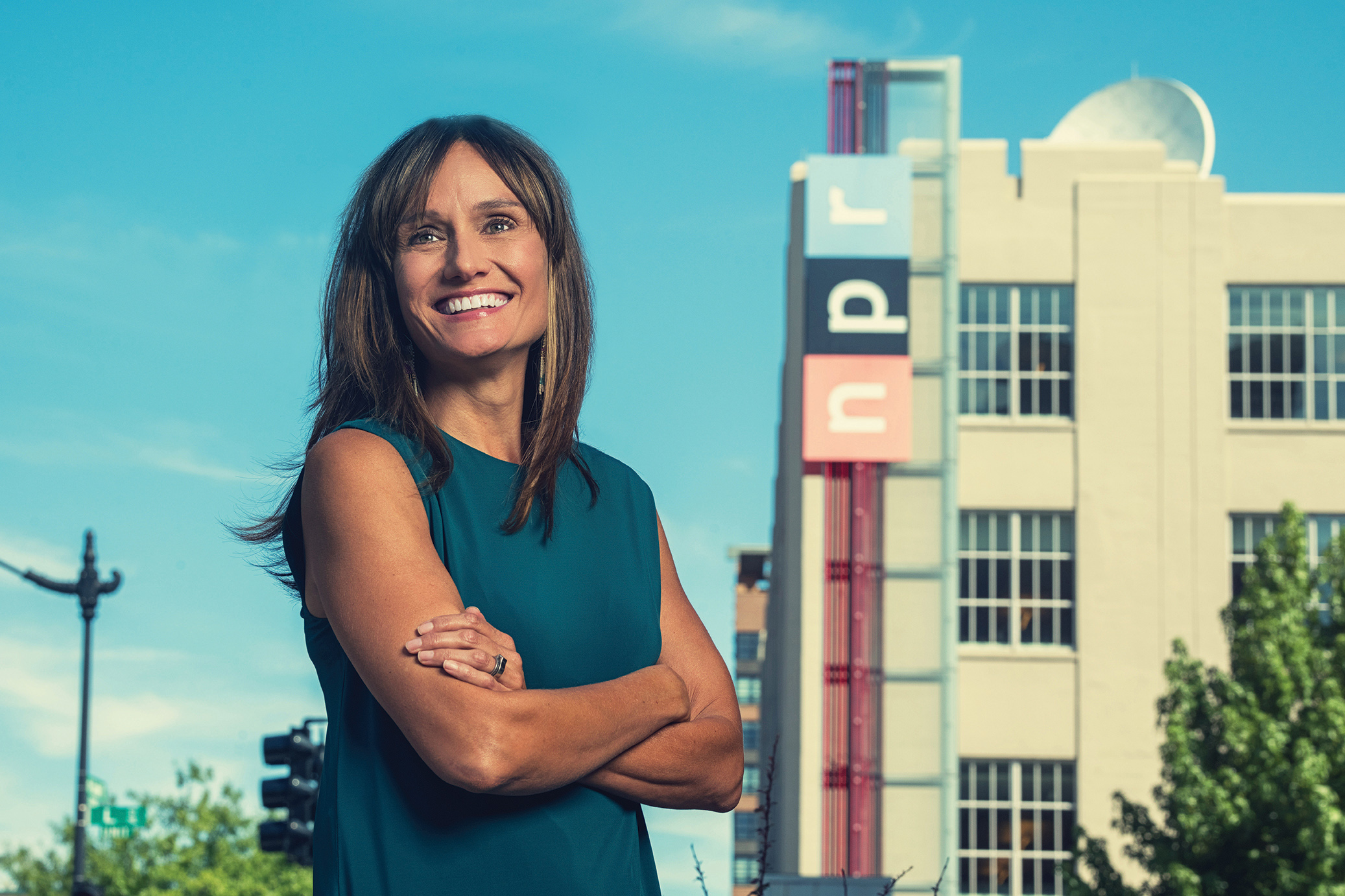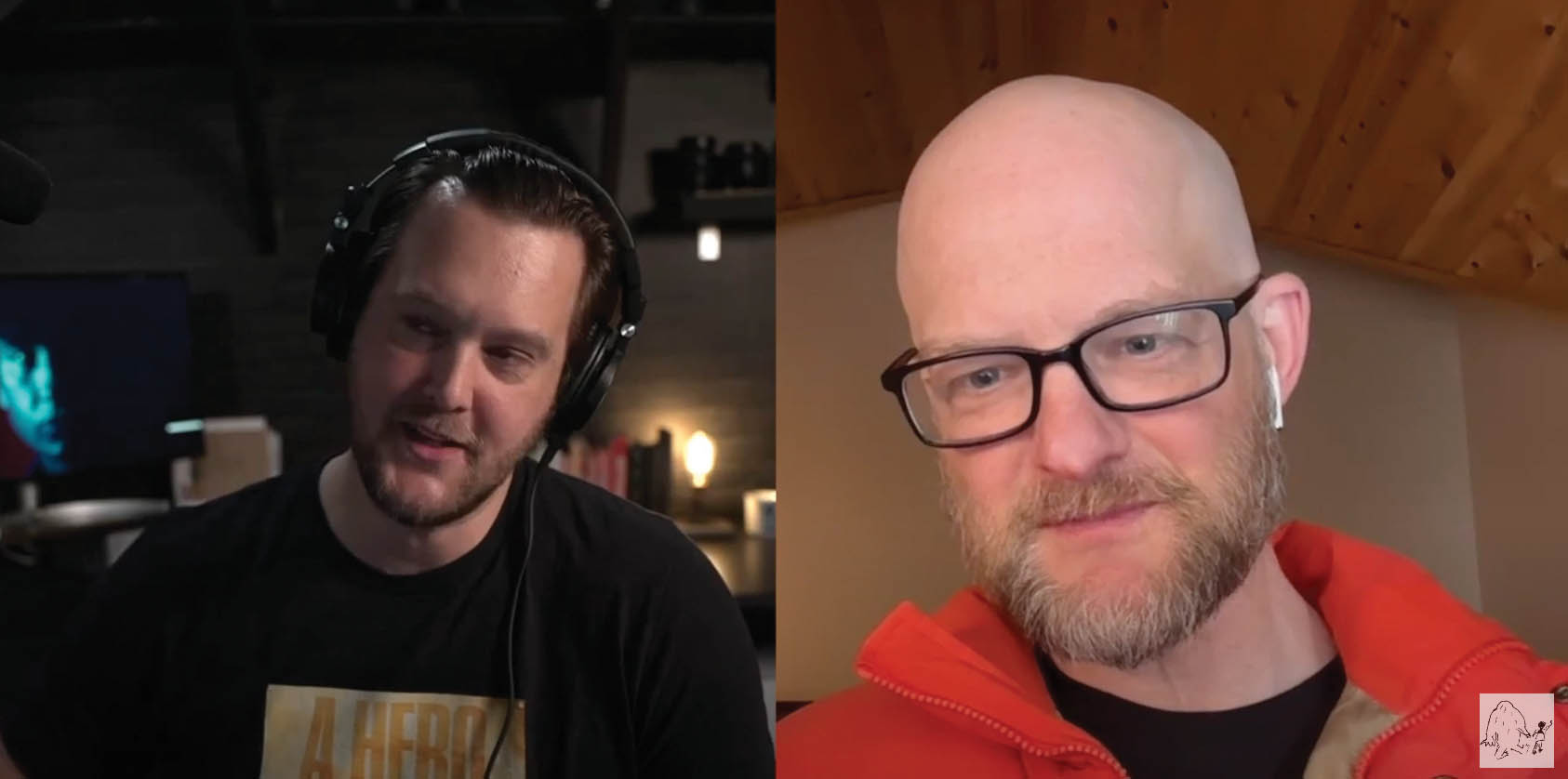Nabil Ayers ’93 has enjoyed success as a musician, record store owner, record company executive, and essayist. He has come a long way since his University of Puget Sound days, when he says he "barely hung on academically" but thrived in many other ways.
In 2006, 13 years after I graduated from University of Puget Sound, I was invited to speak to the university’s Business Leadership Program. The moment I received Professor Jeffrey J. Matthews’ invitation, I considered what my presentation might look like. At the time, I co-owned Sonic Boom Records, a chain of stores in Seattle; I ran my own record label, The Control Group; I toured the world playing drums in my band, The Long Winters; and I worked as an A&R scout for Epic Records. It’s not that I questioned my own success, but I was surprised that Professor Matthews—from whom I’d never taken a class—recognized it. In my mind, the only evidence of my time at Puget Sound was my transcripts—which had definitely not earned me the invitation to speak in that room.
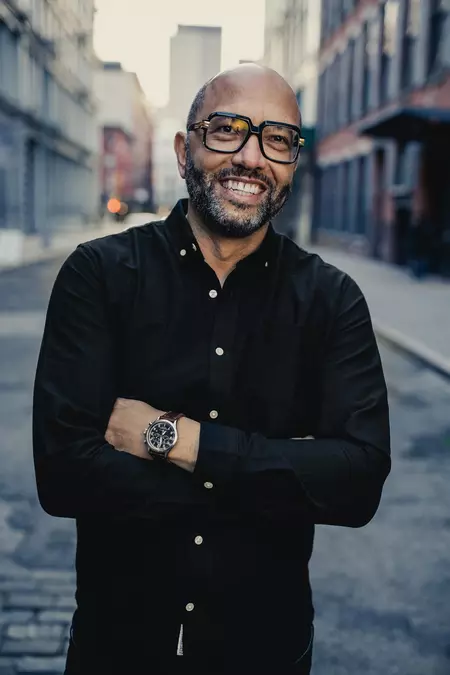
When I arrived at the student union building, I inhaled the familiar salty warmth of the cafeteria. I walked the same floors that I’d nervously stepped onto for the first time in August 1989, and confidently strode across for the last time in December 1993. The rotunda was crowded with 50 or so students who came to a hush after an introduction and some welcoming applause. My presentation began like this:
“I never imagined I’d be here. I graduated from UPS in 1993, four and a half years after I started. I got one A, one F, and my overall GPA was somewhere in the middle.”
The crowd laughed uncomfortably. And as I spoke, I felt myself not so much giving a presentation but actually feeling engaged in the topic: What I’d been up to in the 13 years since I’d graduated. I talked about taking a low-paying record store job so that I could be close to music, do what I loved, and not be pinned down with a real job. I explained that my goal had been to play drums in a band, and that the record store gave me both the flexibility and the connections to do so. I laid out the simple budget that my business partner and I devised when we opened Sonic Boom Records, which wasn’t on a spreadsheet or in a fancy program—it was on a bar napkin. I played music videos by some of the artists I worked with, and I explained how I worked with them.
During that hour, my confidence increased with each laugh, with each round of applause after a music video, with the low chatter about our remedial record store budget, which—no matter how casual it may have been— worked. During that hour, I realized that despite my poor academic performance, I had earned my spot in front of those students, and I understood how much my time at Puget Sound had helped me in unexpected ways along my journey.
• • •
Like many of my high school friends in Salt Lake City, I visited several West Coast colleges. My mother had heard great things about UPS, so she arranged for me to meet with three different admission counselors over the course of a year. I didn’t brush up on current events or literature, as had been recommended by guidance counselors and other motivated parents. But I had 17 years of stories to tell about my life—playing music since I was 2, working a wide range of summer jobs since I was 12, experiencing the culture shock of moving from New York City’s cosmopolitan Greenwich Village to the relatively bland Salt Lake City when I was 10.
In my interviews, I was told—as if it was imperative that the point get across—that UPS would not prepare me for any specific job. On the contrary, it would prepare me for life after college ... whatever that meant. My SAT scores were good, my grades weren’t, and my interviews all went great. Ultimately, I was accepted to Puget Sound for who I was, and while the admission counselors knew that, I didn’t realize it until years after I graduated.
To me, college was less about classes and more about socializing with smart, motivated people. More about taking advantage of the many nonacademic opportunities on campus to discover who I was and who I wanted to be.There were times when I’d do anything to avoid studying. I was enthralled with the library as a social hub, so I’d sit at a table in the busiest area with an open book, headphones on, and my bulky CD Walkman next to the shiny plastic jewel cases to Smashing Pumpkins’ Gish and Pixies’ Trompe Le Monde sloppily displayed, in hopes that the scene would lead to a conversation. Danielle Fagre Arlowe ’94 and I sometimes sat in the front of the library and waged a popularity contest: Neither of us was allowed to initiate a conversation, and as friends entered, we’d see which one of us they addressed first, earning one of us a point. We still argue over who won. Danielle is now a successful attorney, and she remains very popular.

